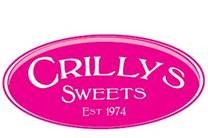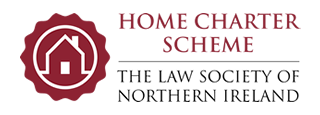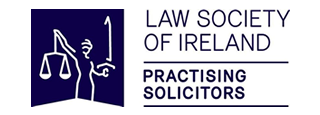On May 20th the Tobbacco and Related Products Regulations 2016 came into effect in Northern Ireland introducing new rules for cigarettes and e-cigarettes.
The Changes
Ten packs of cigarettes and small pouches of rolling tobacco under 30g have been banned. Additives including caffeine, taurine and colourings along with some flavoured cigarettes and roll-your-own tobacco flavours such as fruit, spice, herbs, candy, vanilla and alcohol have also been banned. Similarly large bottles of e-liquids, high capacity e-cigarettes and some menthol cigarettes will no longer be sold and by 2020 a complete ban on all menthol cigarettes will be in place.
It is now a requirement for e-cigarettes and e-liquids to be registered with the regulatory agency for Medicines and Healthcare products before they can be sold. Refillables tanks should not exceed 2ml capacity, e-liquids cannot be sold in quantities greater than 10ml and the strength of nicotine in an e-liquid should not exceed 20mg/ml unless registered as a medicine. The packaging of e-liquids must also be child resistant and tamper evident.
The laws primarily apply to e-cig makers and sellers, including those who promote and/or sell their e-cigs online and come with heavy penalties for non-compliance including up to 2 years in prison and/or an unlimited fine. Although many shops are aware of the changes to the regulations, Trading Standards have found that small online sellers are not as familiar with the changes
Action on Smoking and Health spokesperson, Amanda Sandford highlighted that cigarettes are already expensive however paying £3-4 for a pack of ten could be considered affordable. As the new rules mean smokers will have to pay between £6 and £9 for a pack of 20 it is hoped that smokers will be challenged to re-consider spending this amount of money on their habit.
Will this be enough to deter young people from taking up the habit or make Northern Ireland smokers quit or cut-back on their usage? Tell us your thoughts on this issue.









